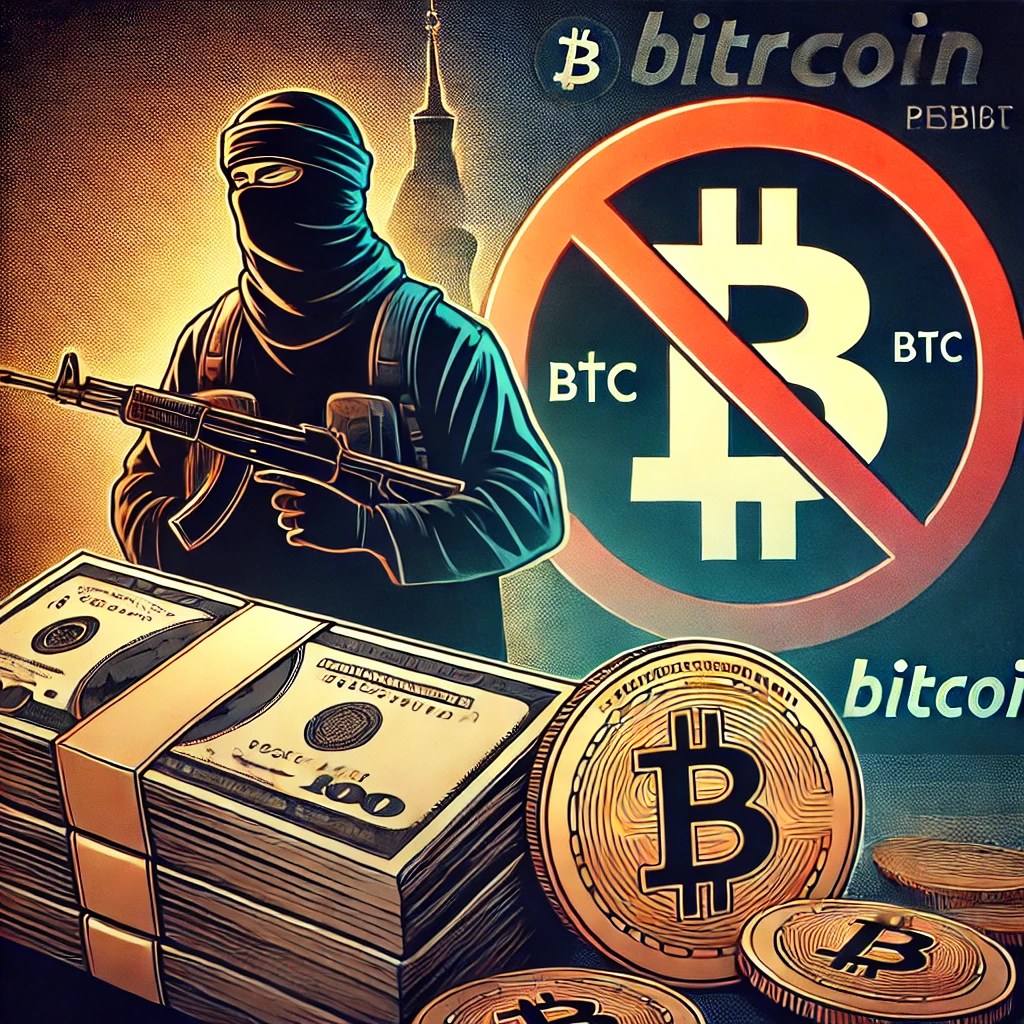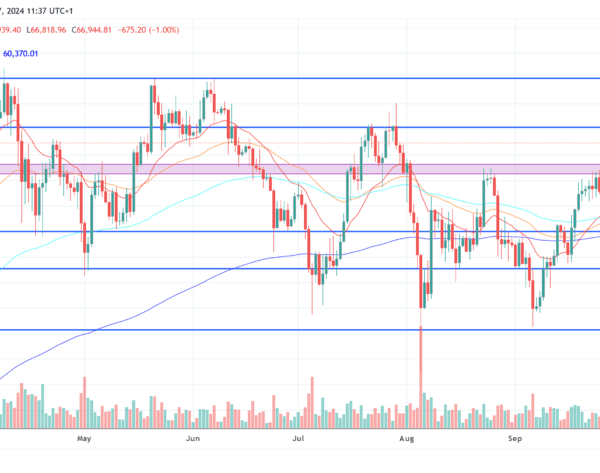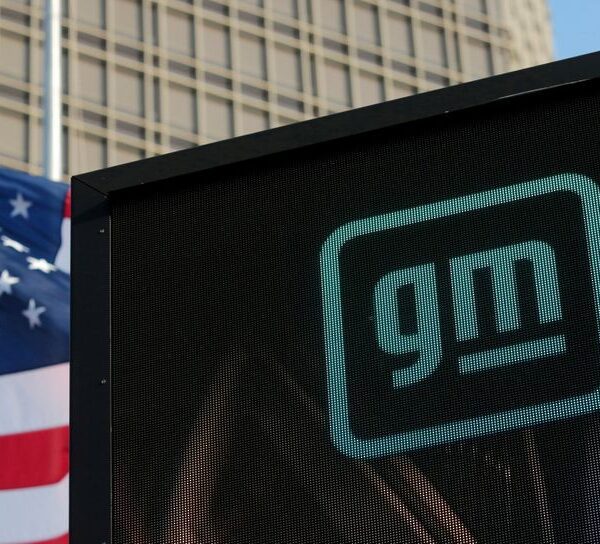Even with the widespread use of cryptocurrencies, traditional methods of funding remain prevalent among terrorist organizations.
Singapore’s recent internal security investigations have provided new insights into the financing methods employed by these groups.
Singapore’s Terrorism Threat Assessment
Singapore’s Ministry of Home Affairs has released its 2024 terrorism threat assessment report, emphasizing an ongoing high risk due to global instability.
The analysis, prepared by the Internal Security Department, suggests that despite a slight rise in cryptocurrency funding operations among terror groups since May 2020, it remains minimal compared to conventional cash transfers used most often.
The report also notes that cash couriers and traditional bank transfers are the primary means by which Islamist organizations such as ISIS (Islamic State in Iraq and Syria) raise their funds.
Despite the technological advancement of cryptocurrencies, these groups continue to rely on more discreet and less traceable means, such as the hawala system—an informal method of transferring money without any physical movement.
The report also cites wire transfers and money service businesses as the two main methods these groups operate, along with direct cash couriers.
Despite the potential for cryptocurrencies to offer untraceable transactions, their actual use in terrorist activities remains significantly lower than traditional methods. According to the report, in February, a pro-ISIS group in the Philippines attempted to use cryptocurrencies to fund their activities.
They launched a social media campaign to collect donations for what they called the “mujahideen,” showcasing the potential for digital platforms to be exploited for financial support. However, the report disclosed that this has not become a predominant trend as anticipated by some security analysts.
The Continous Crypto Guidelines Refinement
Regardless of crypto being less used in terrorist funding than cash, Singapore has constantly refined its guidelines towards this financial sector. In April, Singapore’s Monetary Authority (MAS) introduced amendments to the Payment Services Act in the region.
As reported by Bitcoinist, these changes that took effect on April 4 included a range of measures covering custodial services for digital payment tokens (DPTs), transmission facilitation of DPTs, and cross-border money transfers.
MAS disclosed what the change was for, noting:
The amendments will empower MAS to impose requirements relating to anti-money laundering and countering the financing of terrorism, user protection and financial stability on DPT service providers.
Before that, last November, MAS also made a notable change to its crypto regulation. Particularly, the country’s regulator introduced trading restrictions, including a lending and staking ban. According to MAS, this is part of Singapore’s ongoing efforts to ensure a “safer crypto market.”
Featured image created with DALL-E, Chart from TradingView















